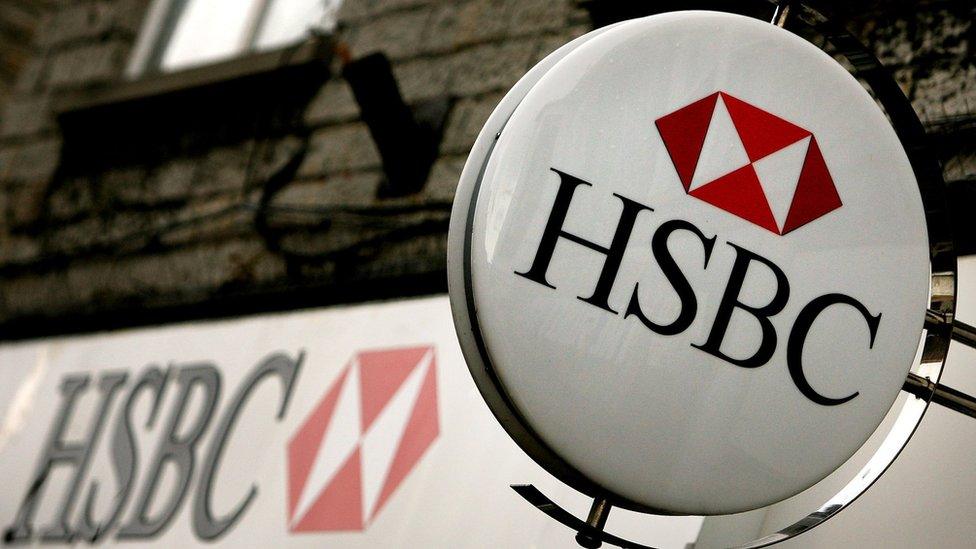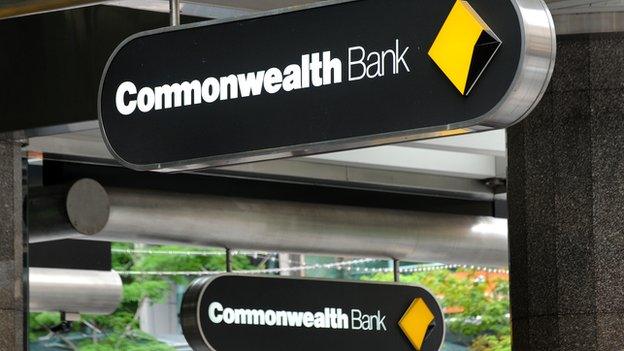Australia's Commonwealth Bank posts record profits
- Published

The country's big lenders are facing increased regulatory controls amid rising property prices.
Commonwealth Bank of Australia, the country's biggest lender, has posted a 2% rise in annual profit to a record A$9.2bn ($7.1bn, £5.4bn).
The results of the biggest bank by market value are closely watched as an indicator of the Australian economy.
Last week the central bank cut interest rates to a record low to tackle weak inflation and spur growth.
Australia has been struggling with slowing growth amid a global slump in commodity prices.
Commonwealth Bank's cash profit rose 3% to A$9.45bn, largely in line with analysts' expectations. The results mark the seventh consecutive annual record.
Many Australian banks use the cash profit measure rather than net profit as their preferred performance measure.
The cash profit numbers strip out one-off items, including those that may distort a bank's performance in a given period.
Under pressure
Australia's banking sector is also facing tightened capital requirements and regulations adding to costs.
The lenders are also under political pressure to move away from aggressive sales tactics and reform corporate behaviour in the wake of several scandals including insurance fraud and interest rate-rigging.
Chief executive Ian Narev said Commonwealth Bank was aware of the "combined impact of weaker demand, strong competition and increasing regulation", noting cautious optimism about the outlook for the bank.
"An ongoing focus on productivity and credit quality will be important. But we remain positive about Australia's economic prospects," he added.
Australia's top lender by assets, National Australia Bank, reports results on 15 August.
- Published2 August 2016

- Published3 August 2016

- Published6 May 2015
